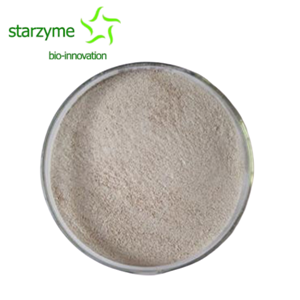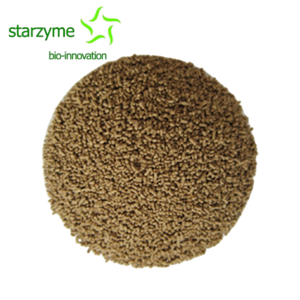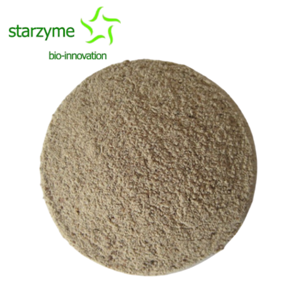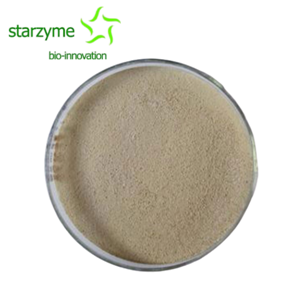The Role of Phytase in Animal Husbandry
1、 The role of Phytase in feed
Phytase is a widely used feed additive in animal husbandry, mainly manifested in the following aspects:
1. Improve the utilization rate of phosphorus: Phytase can decompose phytic acid in feed, releasing its phosphorus element, thereby improving the utilization rate of phosphorus in feed. This is of great significance for reducing the amount of exogenous phosphorus added and lowering feed costs.
2. Environmental protection and emission reduction: By improving the utilization rate of phosphorus, Phytase reduces the discharge of phosphorus in livestock and poultry manure, which helps to protect the ecological environment and reduce the pollution of the breeding industry to the environment.
3. Promote the growth of livestock and poultry: Phytase can also increase the utilization rate of other nutrients such as magnesium, zinc, calcium, and iron in feed, which helps with the growth, development, and reproductive ability of livestock and poultry.
2、 The appropriate amount of Phytase added to chicken feed
Adding Phytase to the feed of laying hens can significantly improve the utilization rate of phosphorus in the feed, reduce feed costs, and minimize environmental pollution. However, the amount of Phytase added is not necessarily better, but needs to be precisely adjusted according to the specific feed formula, growth stage, and needs of laying hens.
Generally speaking, the amount of Phytase added per ton of feed is between 500-1000 grams. The specific amount of addition should be comprehensively considered based on factors such as the content of phytic acid in the feed, the growth stage of laying hens, the feeding environment, and the feeding objectives. In practical applications, it is recommended to determine the optimal dosage based on the advice of a professional veterinarian or feed formulator.
In addition, the following points should be noted:
1. Choose the appropriate Phytase product: There are various Phytase products available on the market to choose from, and it is recommended to choose products with good quality and high activity.
2. Storage and use precautions: Phytase is sensitive to temperature and humidity changes, and should be stored under cool and dry conditions, and used within the product's shelf life. During the feed processing, attention should be paid to avoiding the damage of high temperature and high pressure to Phytase activity.
3. Adjust feed formula: After using Phytase, it may be necessary to adjust other ingredients in the feed appropriately, such as adding an appropriate amount of stone powder to maintain the original level of calcium in the feed.
In short, the rational use of Phytase as a feed additive can not only improve feed utilization and reduce breeding costs, but also help protect the ecological environment and promote the sustainable development of animal husbandry. When adding Phytase to the feed of laying hens, the appropriate amount should be determined according to the specific situation to fully exert its effect.




